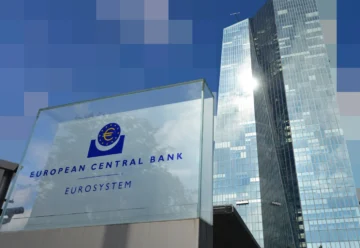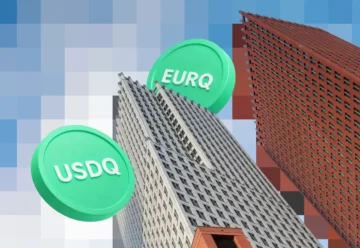EigenLayer Launches EIGEN and Reveals Airdrop Terms

The team of the most extensive restaking protocol, EigenLayer, published a white paper on the new token EIGEN and the terms of its distribution. The crypto community expressed dissatisfaction with the airdrop terms.
EigenLayer, a restaking protocol running on the Ethereum blockchain, announced the launch of EIGEN, the system’s native token, whose white paper was published on GitHub.
The EIGEN token is designed for apps that rely on intersubjective agreement, such as prediction markets, data storage services, gaming virtual machines, and others. Its functionality will make it versatile and allow it to be used in different spheres. EIGEN’s total supply at launch will be 1.67 billion tokens.
The project team also announced the intention to allocate about 15% of the total number of tokens to the community. The airdrop will be conducted in two stages, namely:
- 5% will be distributed to early users;
- 10% will be handed out to users interacting with EigenLayer in later stages.
Users from certain jurisdictions can’t participate in the token distribution. Thus, the airdrop page is unavailable in the U.S., Canada, China, and Russia, and the team is ensuring that users from these countries can’t access the distribution even via a VPN.
Geographical restrictions on airdrops caused outrage among members of the crypto community. They believe that since there was no ban on using the protocol for users from these countries, it isn’t right to exclude them from the distribution.
Some users also expressed indignation over the duration of token blocking after the airdrop. Users can unlock EIGEN received as part of the EIGEN distribution before March next year.
Other users were dissatisfied with the linear scheme of the EIGEN distribution, claiming that such an airdrop system is unfair because most of the coins will be given to large restakers, who will sell tokens at the first opportunity.
Due to the popularity of the EigenLayer TVL protocol, the restaking sector is booming strongly this year. At the end of February, venture fund a16z invested $100 million in developing the project’s ecosystem.











